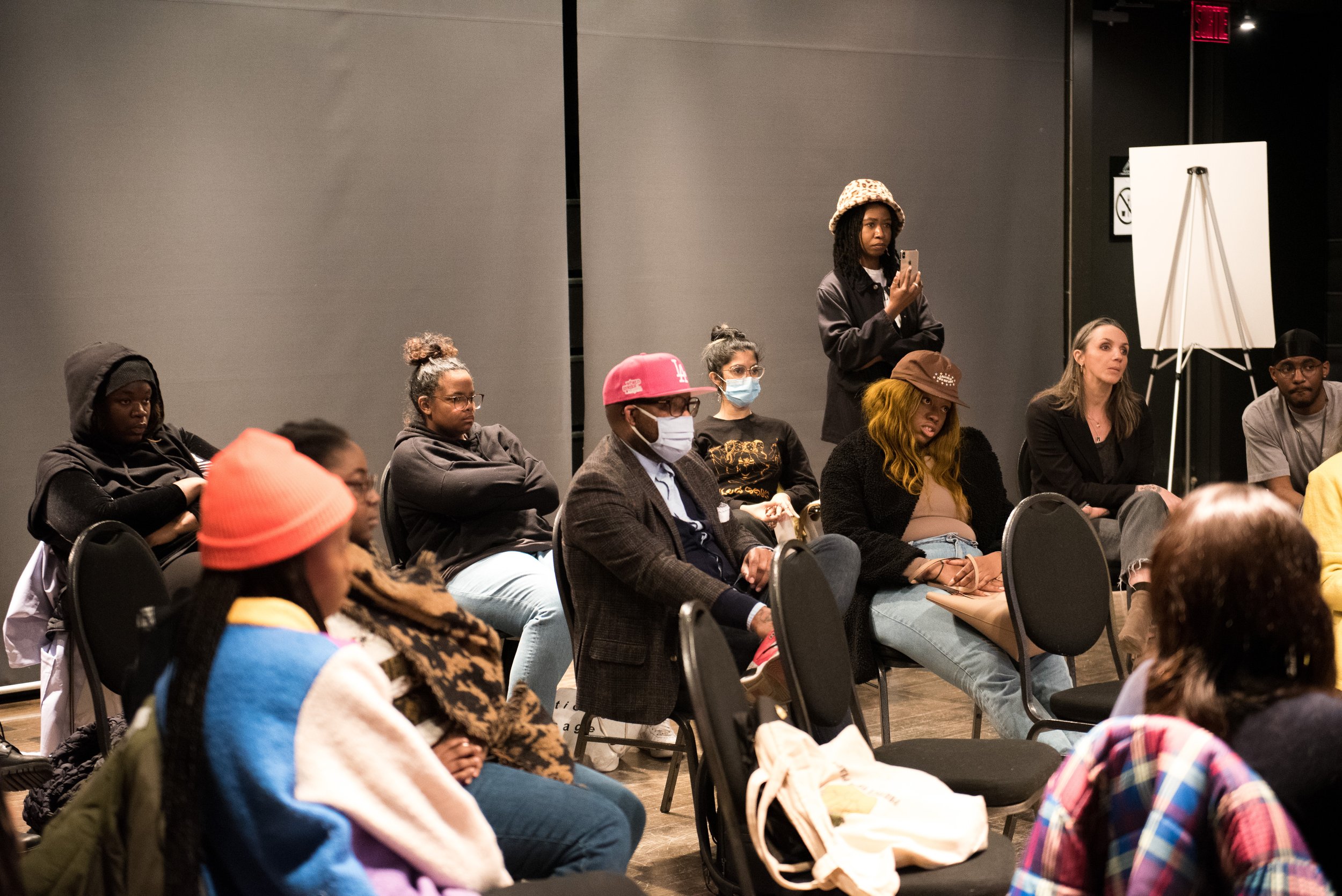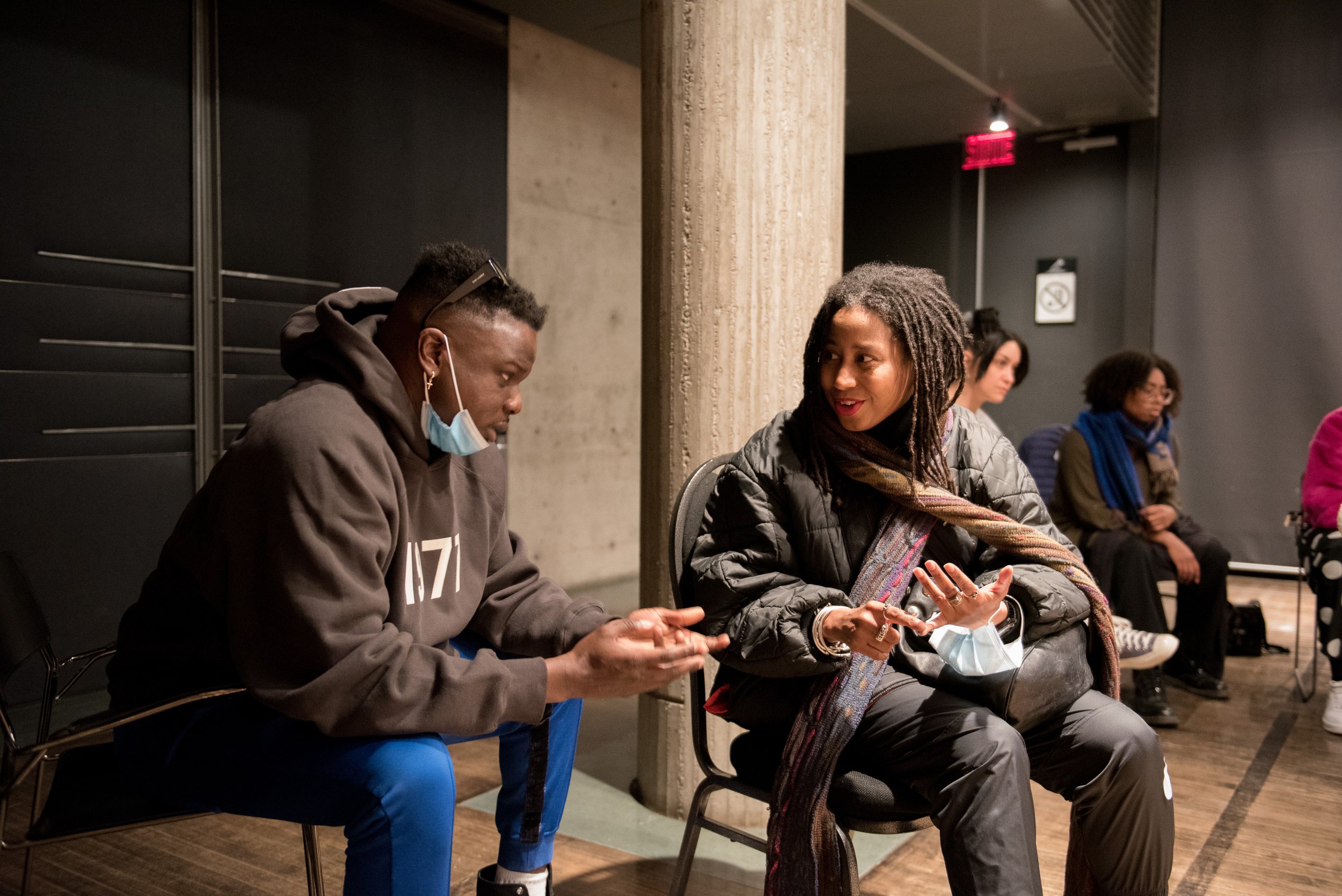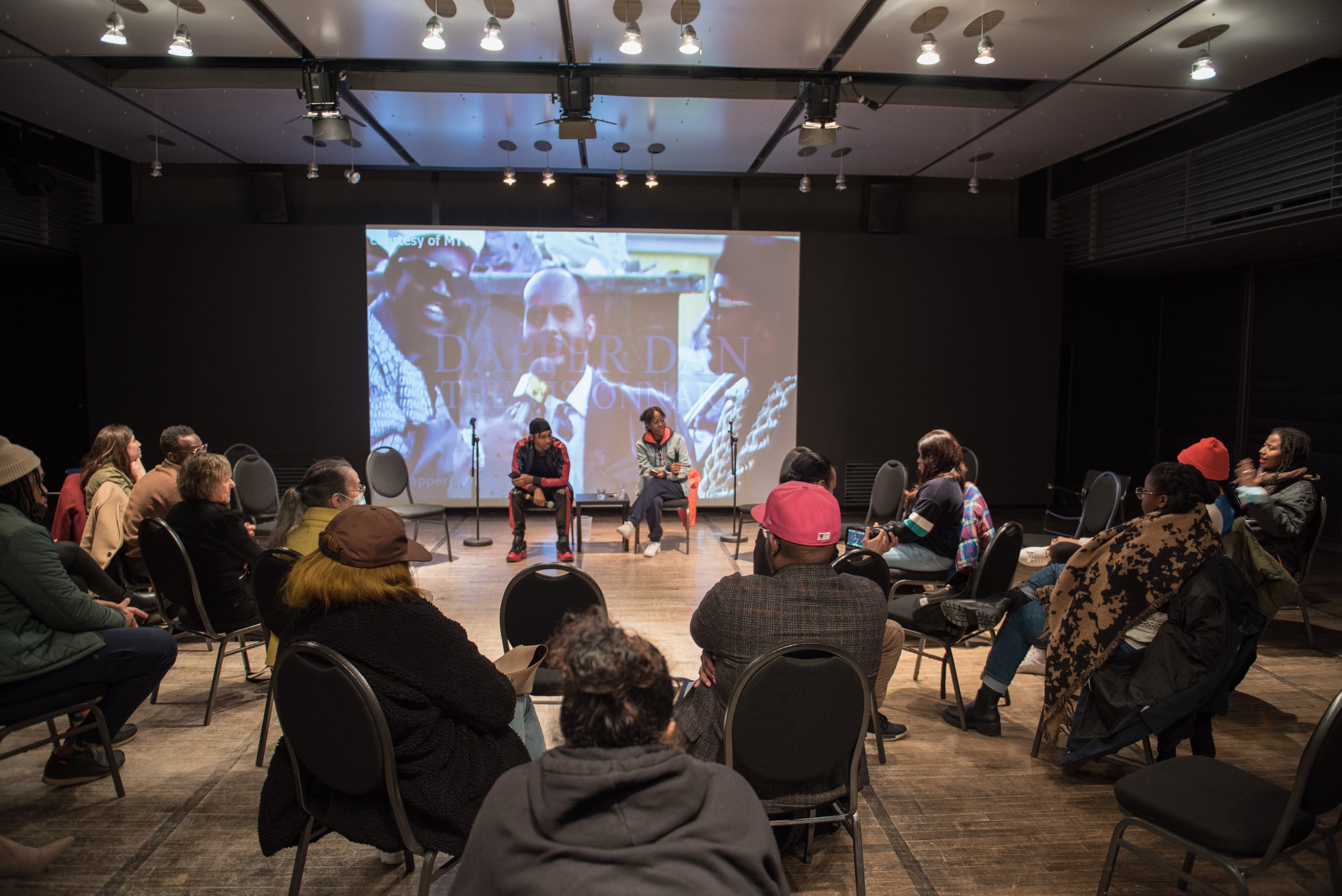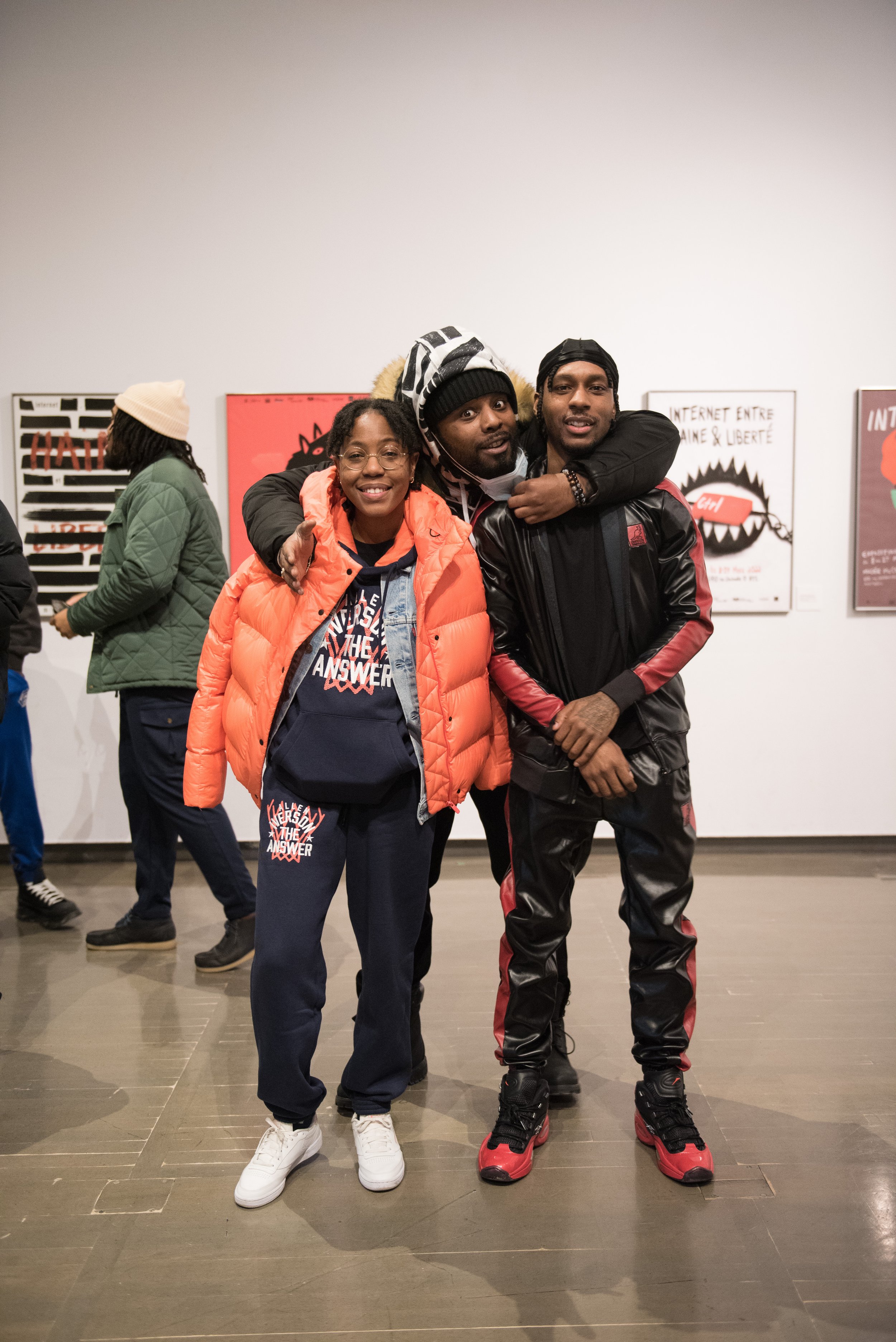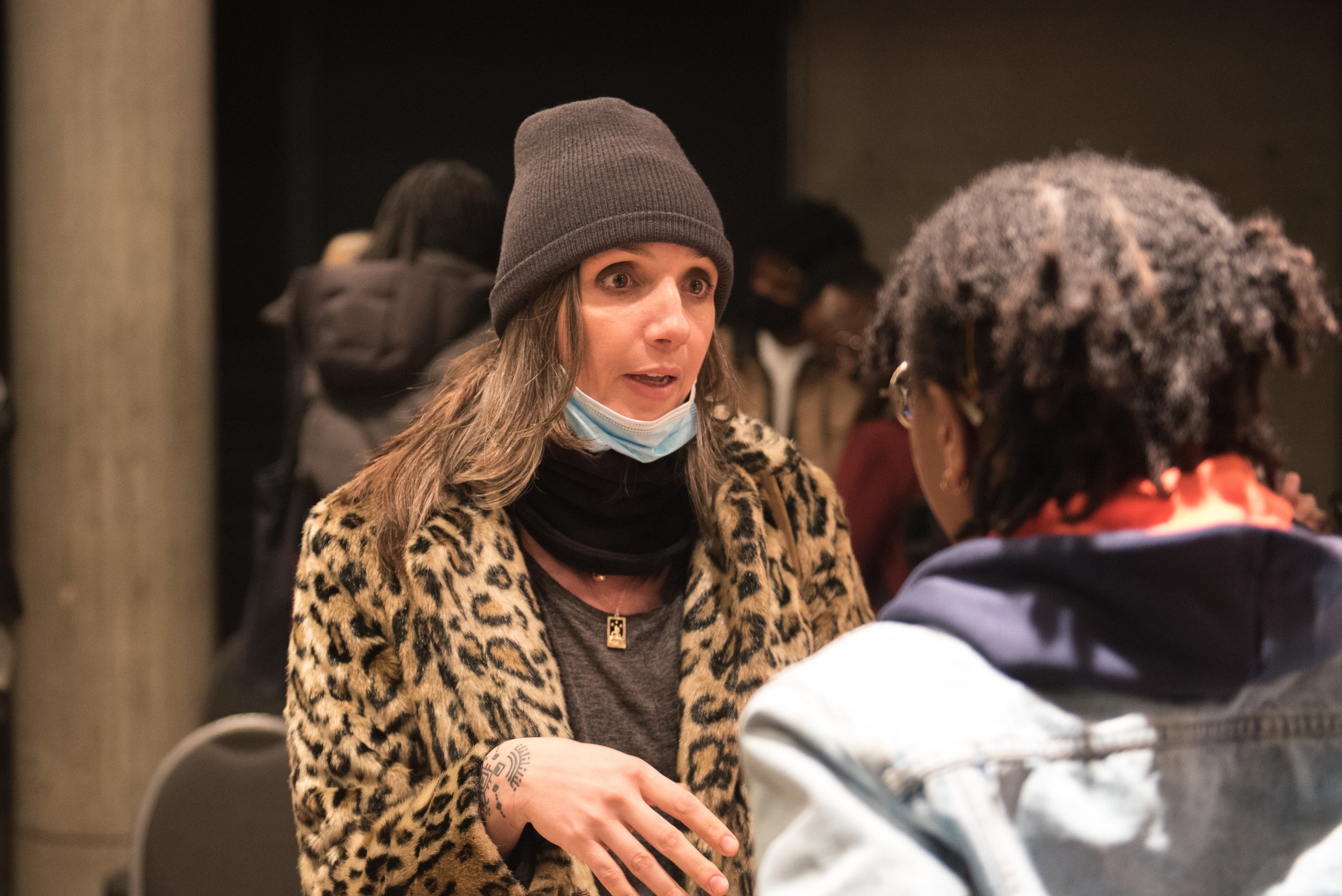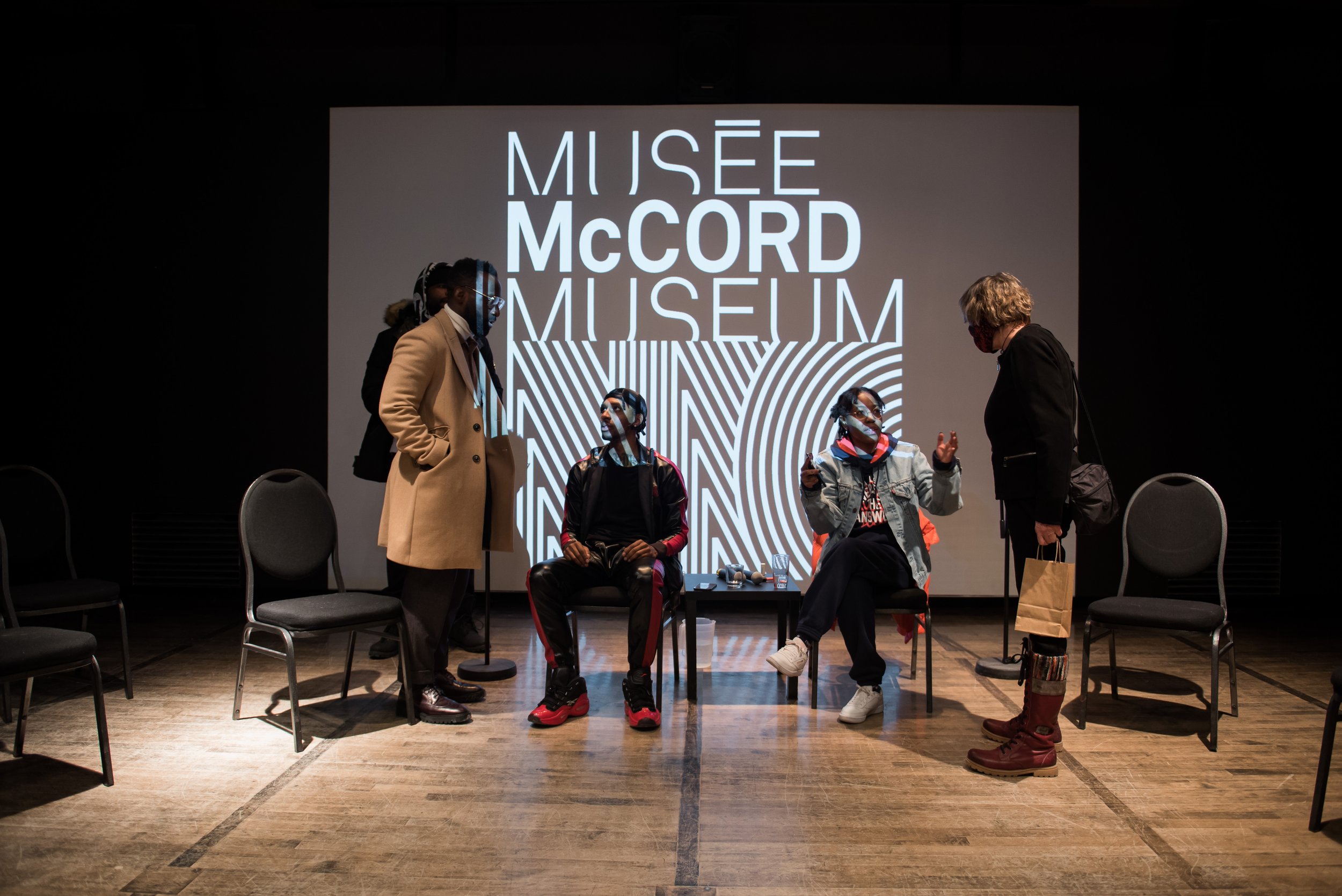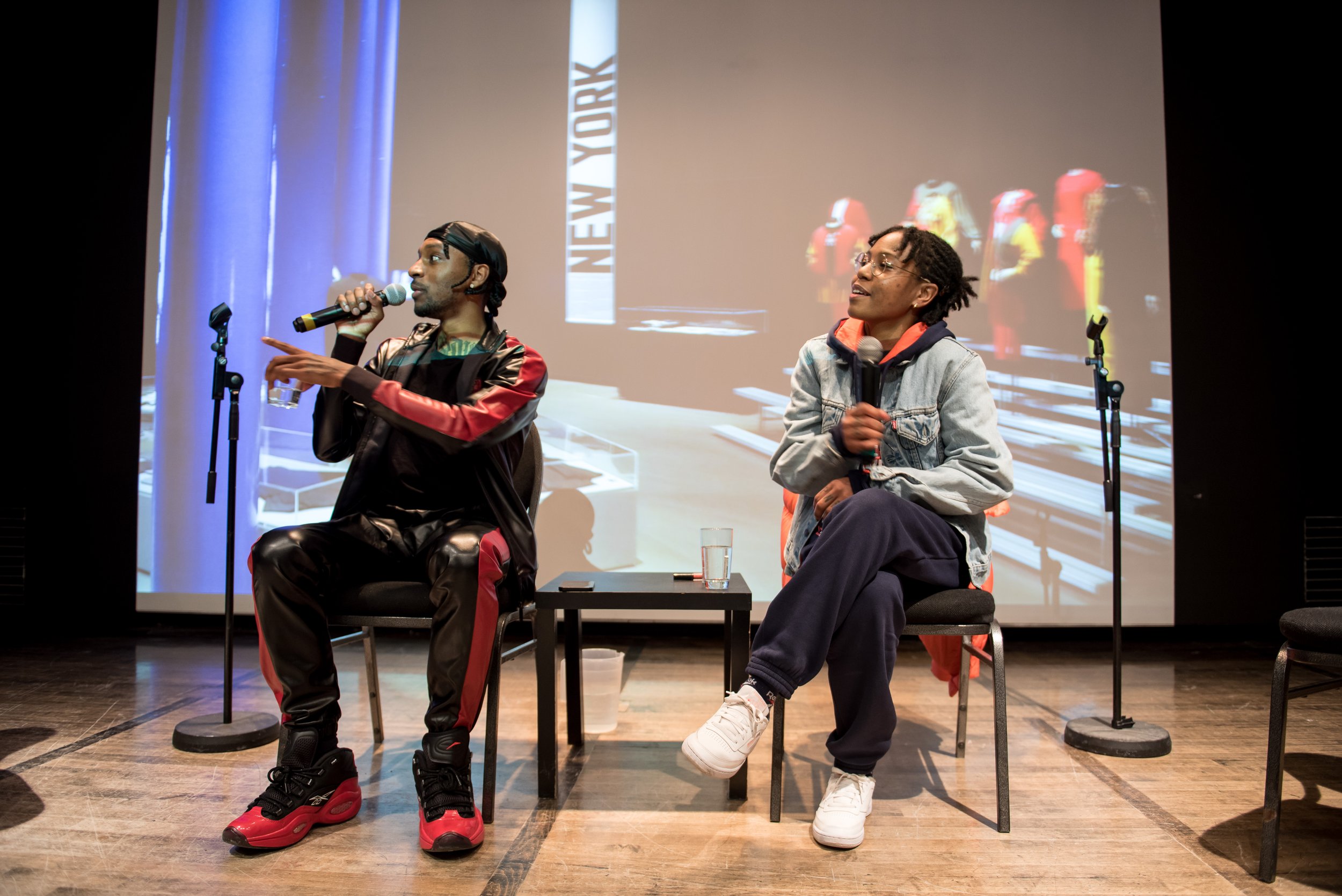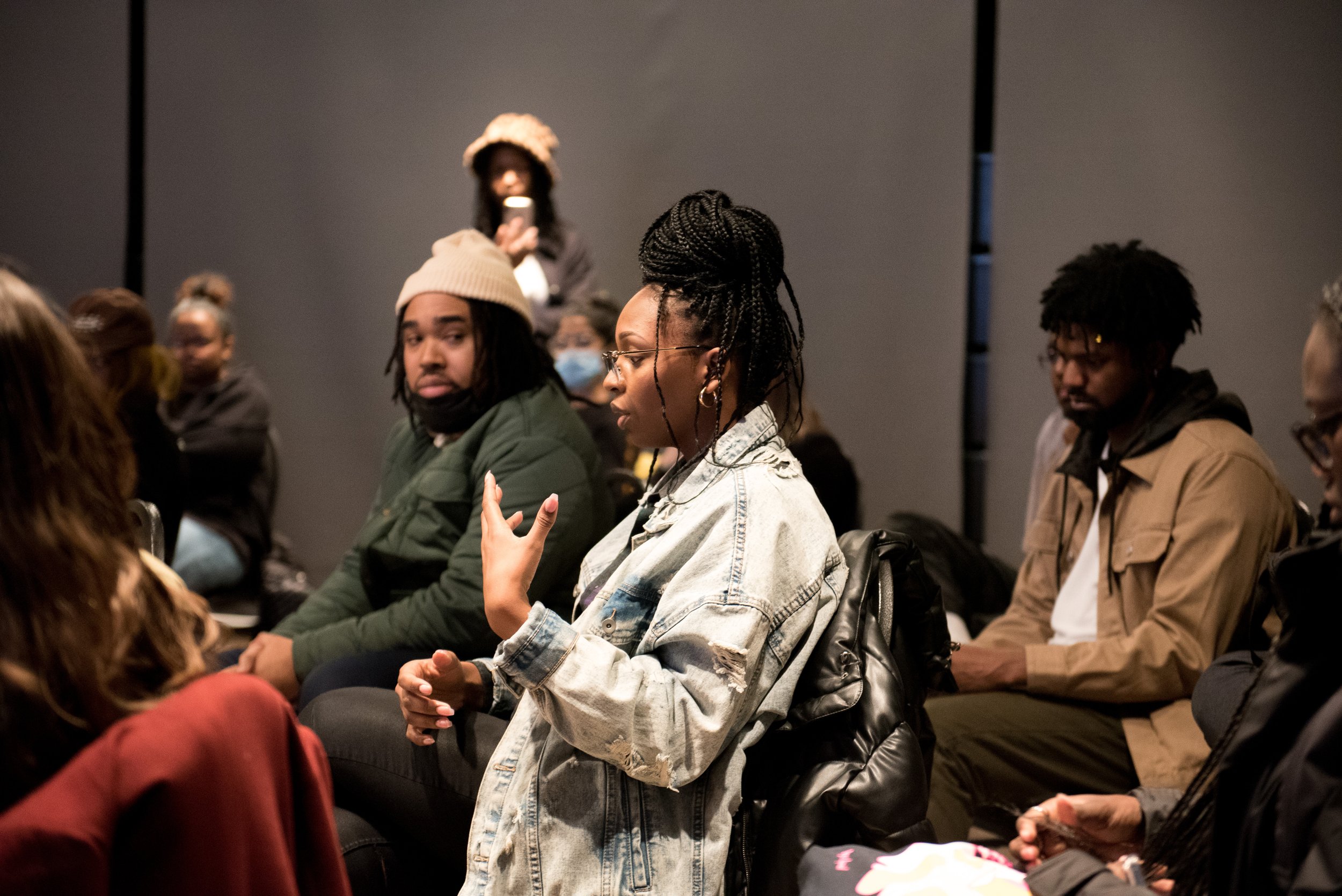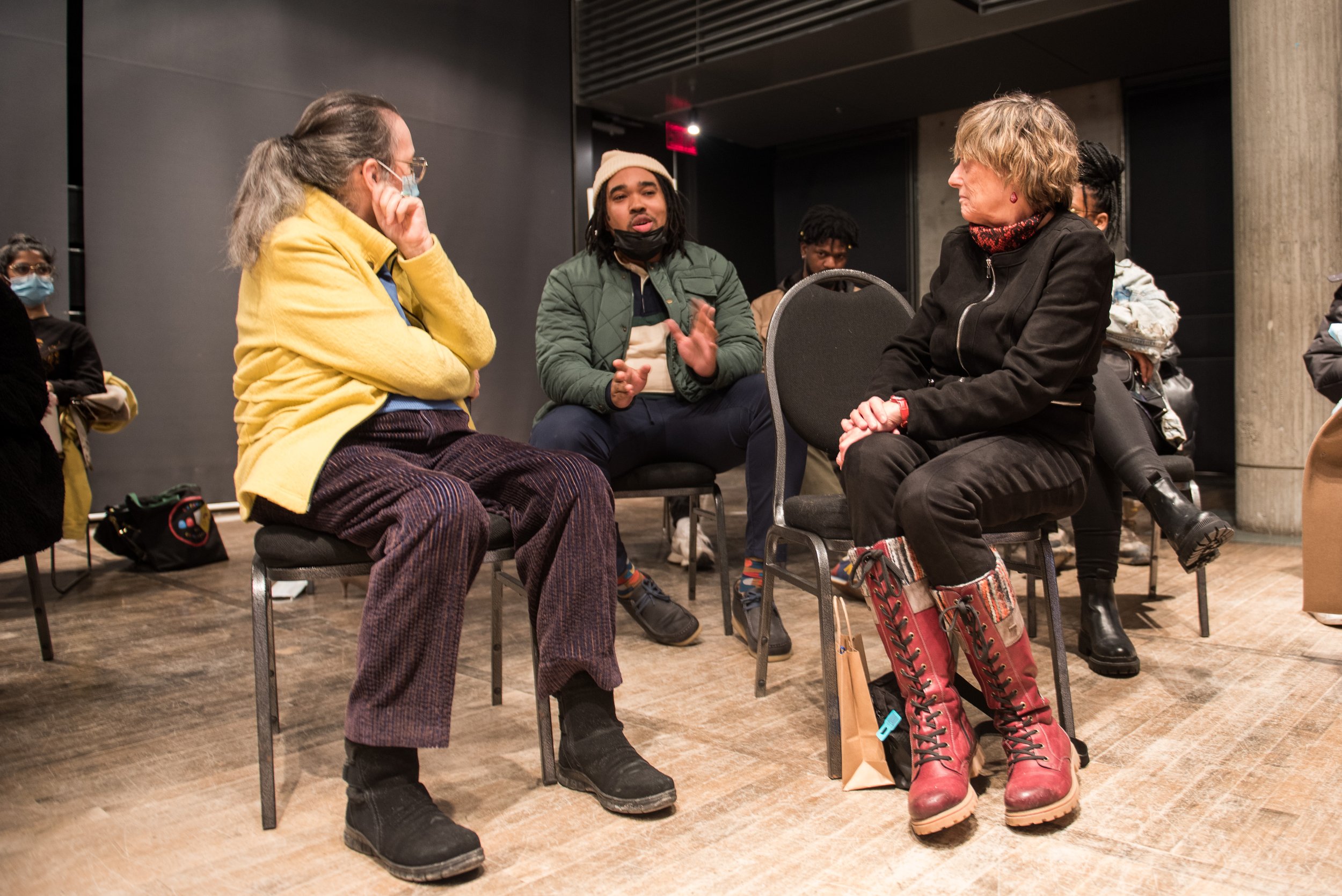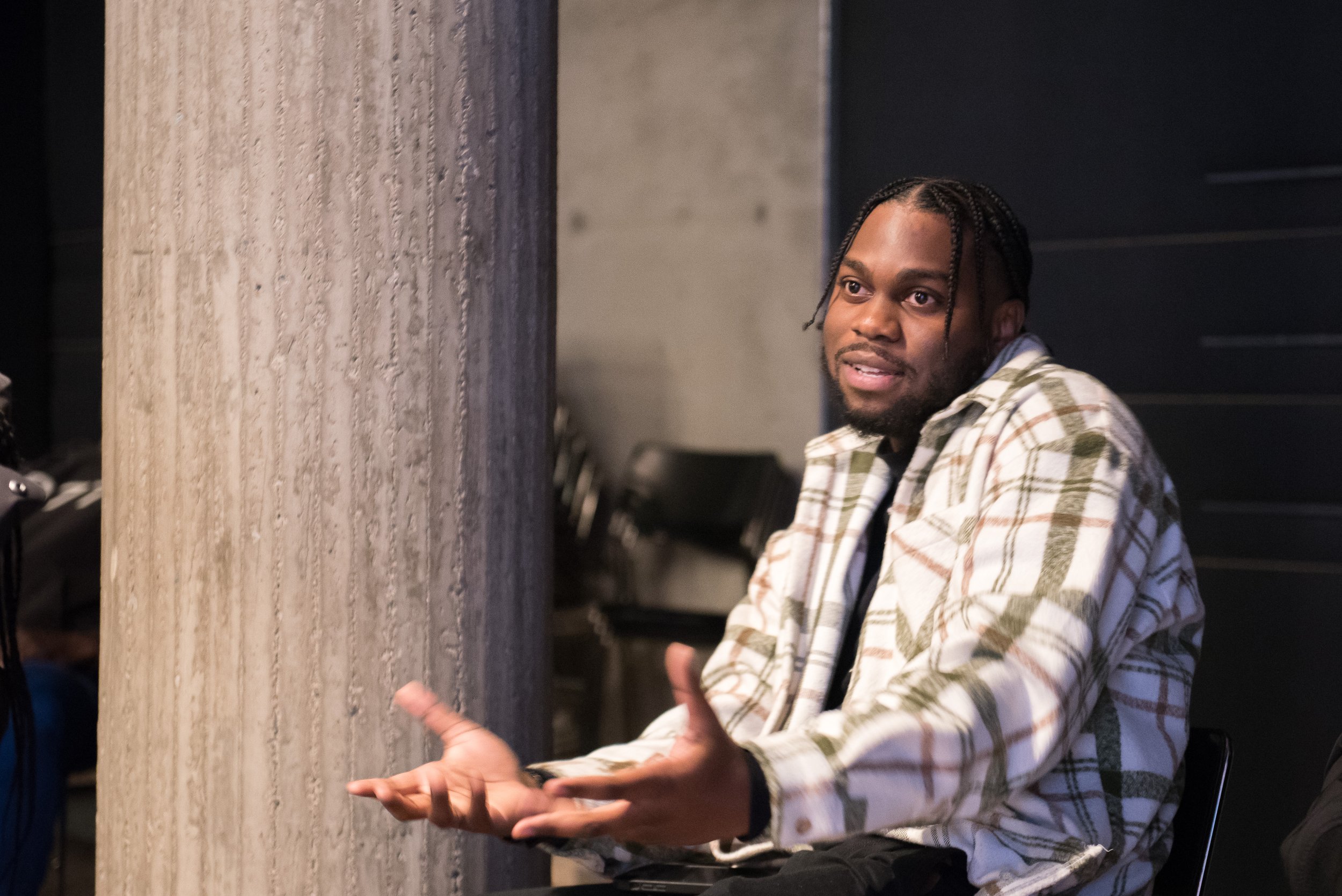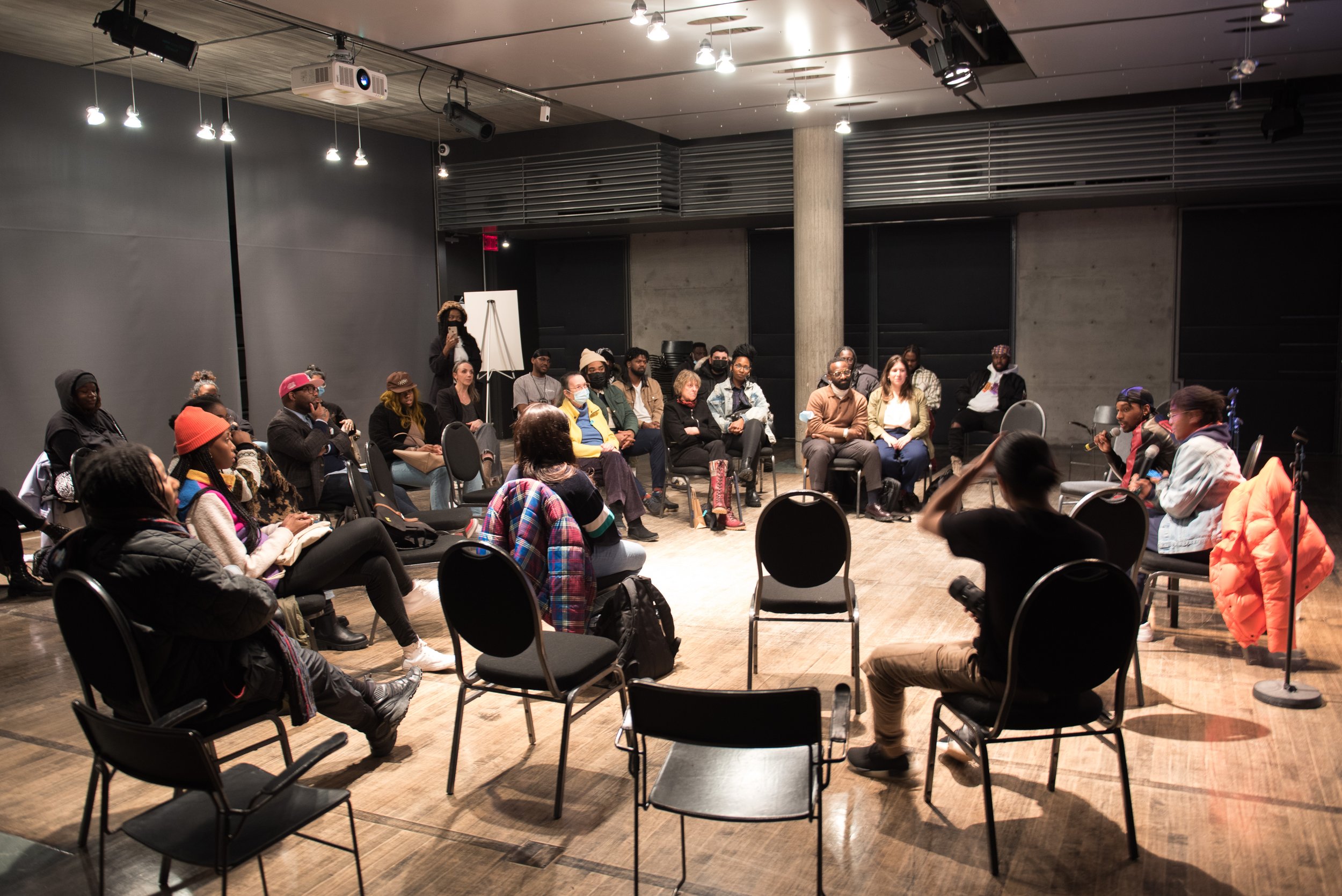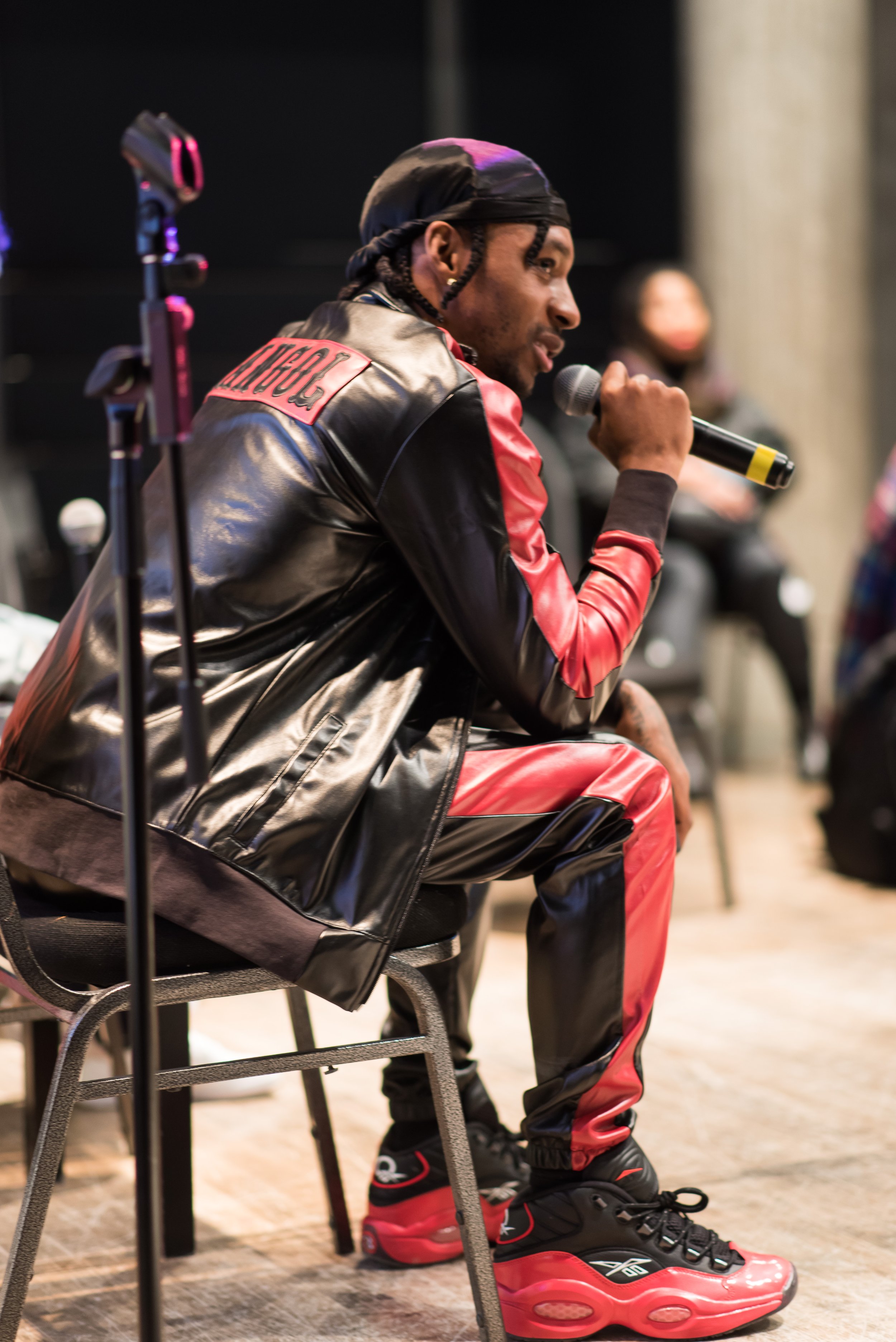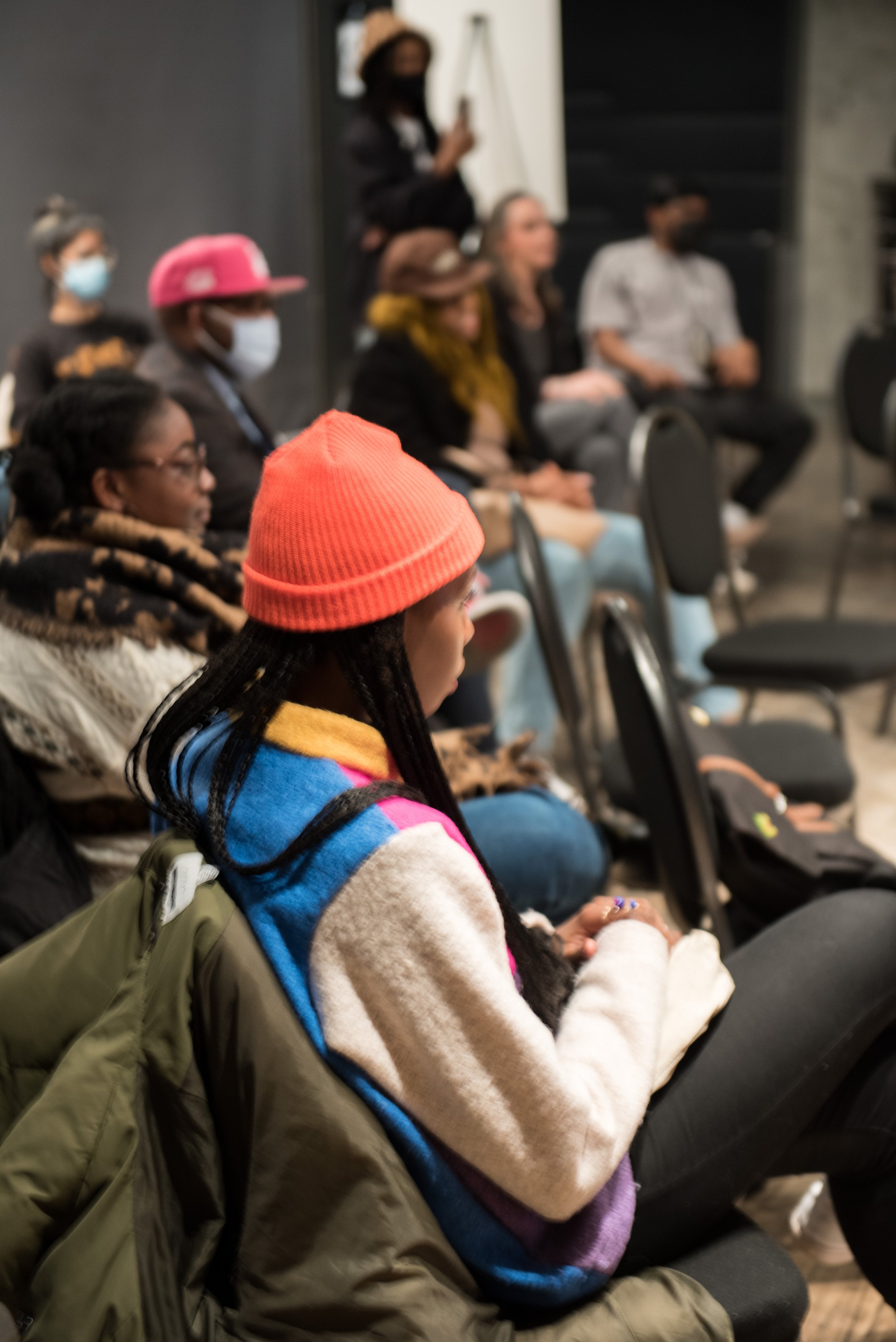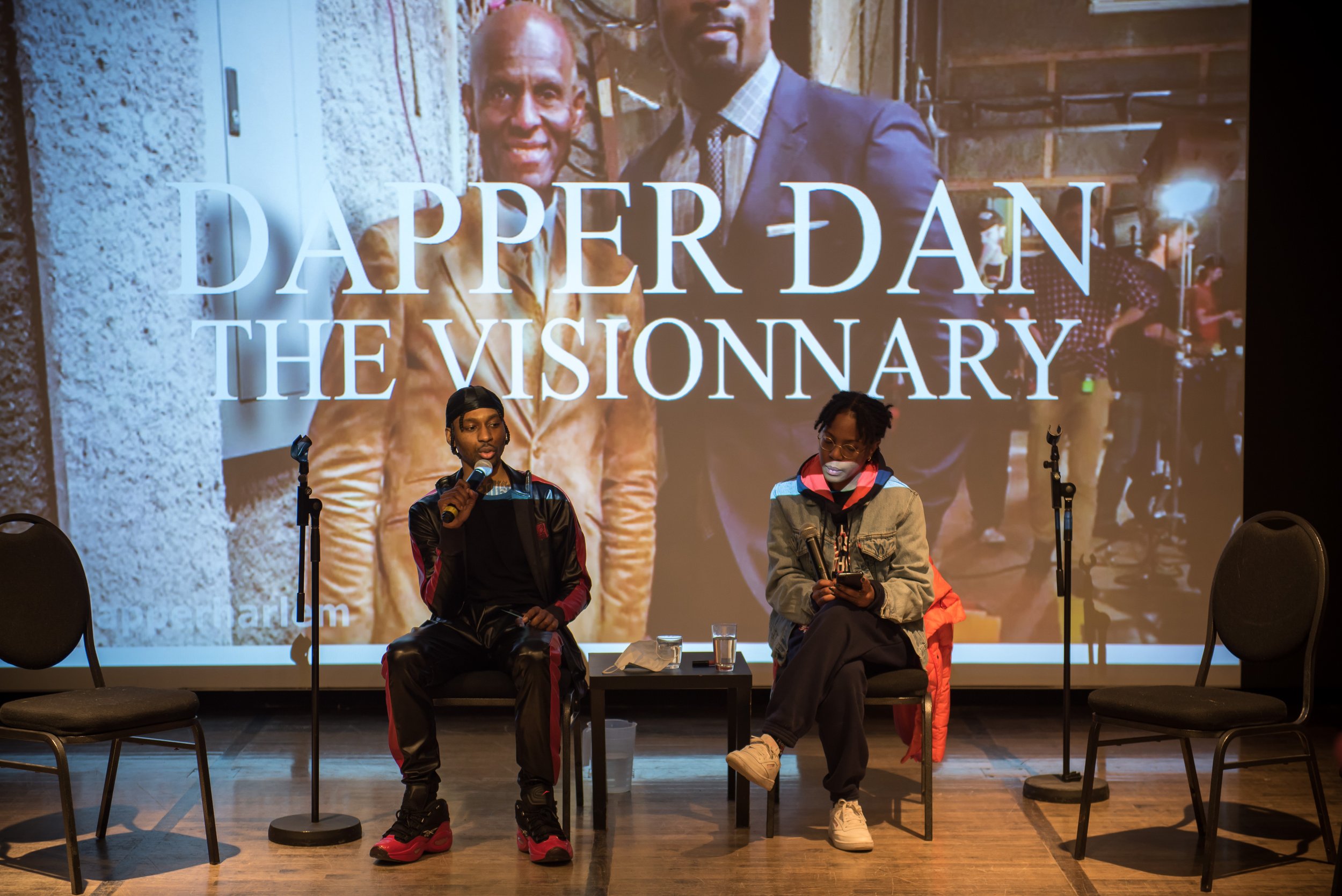Who owns streetwear?
In 2020, we hosted a conversation around access to luxury and fashion as a part of the McCord museum Dior exhibition. In continuation to that conversation, we had our first in-person conversation inspired by PARACHUTE: SUBVERSIVE FASHION OF THE ‘80S. Naturally, we gravitated toward Streetwear.
As Millenials who lived their teens through the early 00s, to see the evolution throughout the years has been interesting. Before diving into the details of the conversation, we want to define what Streetwear means to us. Streetwear is a style that rose from Black and Brown communities. Inspired by the streets, everyday style and hip hop culture, it was created and embodied by those who lacked resources and access but used their creativity to showcase their style and culture. We touched on a few points during the conversation but broke it down into four points - The origins of Streetwear, culture vs society, ownership and cultural appropriation.
We asked the 35 participants to describe who or what comes to mind when they think of streetwear. The answers varied but centered around popular brands or celebrities who have embraced this sense of style. What of the originators? What of Dapper Dan, Misa Hylton, Kianga Milele, Bevy Smith and the many other women who paved the way for everyone to partake today? History is a crucial part of black erasure, and it’s important to research and highlight the people who have broken down the barriers we no longer have today. Following a brief look back in history, we looked at the culture surrounding Streetwear in our society. 90’s culture vs our culture today, although similar, are very different. As trends come and go, many brands today are labeled streetwear when they are simply popular. Popularity has nuanced the significance of originality, and we are here to clear the confusion!
The next topic we focused on was ownership. Like many other avenues where our creativity is our biggest aid, Black and Brown people often don’t get to benefit from their hard work. The rise in popularity of Streetwear is no exception. In its early beginnings, we were at the forefront of the movement, now we are seen as enthusiasts. And finally, we finished with an emphasis on cultural appropriation. Streetwear used to be frowned upon, labeled as “urban” and hardly seen as fashionable, let alone hold any notoriety in the fashion industry. Due to celebrity influence, today it is worn by everyone, seen everywhere, and walked down runways. It’s hard to look at today’s fashion and not see the impact of Black and Brown people.
The purpose of this conversation was to educate but also question how we perceive the fashion industry. Streetwear never stopped belonging to Black and Brown communities. As long as we use our creativity and resourcefulness to express ourselves, we will continue to inspire, and the world will continue to watch.


